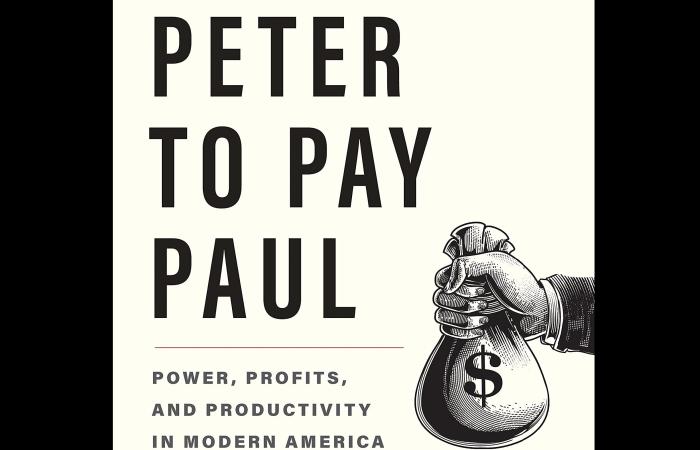
Robbing Peter to Pay Paul: Power, Profits, and Productivity in Modern America
Concentrated market power and the weakened sway of corporate stakeholders over management have emerged as leading concerns of American political economy. In his book, Robbing Peter to Pay Paul: Power, Profits, and Productivity in Modern America, Samuel Milner provides a historical context for contemporary efforts to resolve these anxieties by examining the contest to control the distribution of corporate income during the mid‑twentieth century. During this “Golden Age of American Capitalism,” apprehension about the debilitating consequences of industrial concentration fueled efforts to ensure that management would share the fruits of progress with workers, consumers, and society as a whole. Focusing on wage and price determination in steel, automobiles, and electrical equipment, Milner reveals how the management of concentrated industries understood its ability to distribute income to its stakeholders as well as why economists, courts, and public policymakers struggled to curtail the exercise of that market power at its source.
Samuel Milner earned his Ph.D. in American economic history from Yale University and currently is enrolled in the University of Chicago law school.
The audio only version of this program is available on our podcast.
